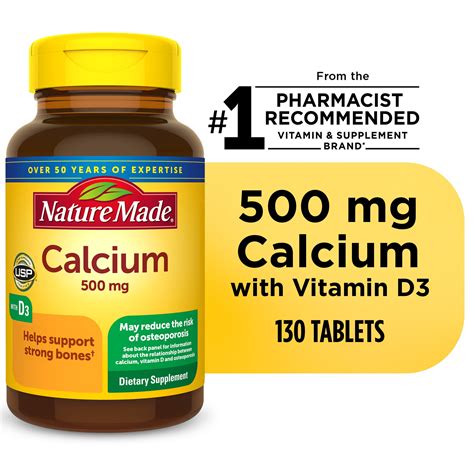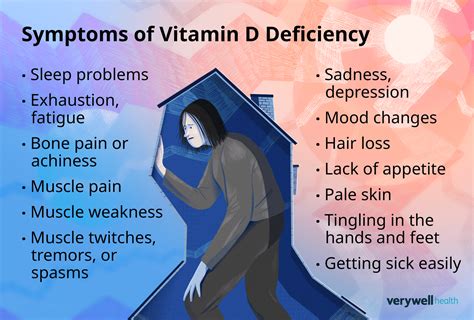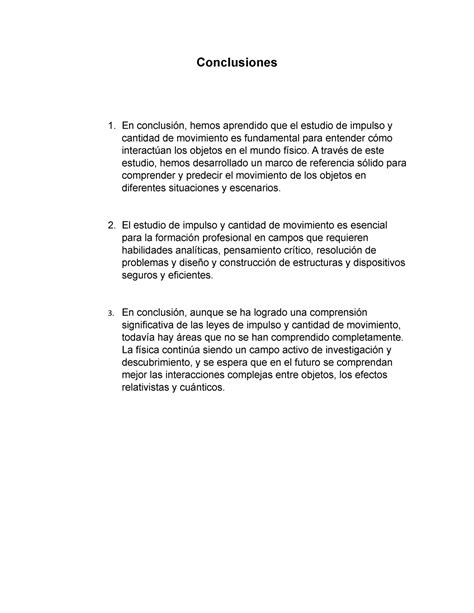Intro
Discover 5 ways calcium vitamin D boosts bone health, supports immune function, and enhances muscle strength, while preventing deficiencies and osteoporosis with essential nutrients and supplements.
Calcium and vitamin D are two essential nutrients that play a crucial role in maintaining strong bones, teeth, and overall health. Calcium is the most abundant mineral in the human body, and vitamin D is a fat-soluble vitamin that helps the body absorb calcium. Together, they work in tandem to support various bodily functions, from bone growth and development to muscle function and nerve transmission. In this article, we will explore the importance of calcium and vitamin D, their benefits, and provide practical tips on how to incorporate them into your daily diet.
The importance of calcium and vitamin D cannot be overstated. Calcium is necessary for building and maintaining strong bones and teeth, while vitamin D helps regulate the amount of calcium in the blood. Without sufficient calcium and vitamin D, the body may experience a range of health problems, including osteoporosis, rickets, and osteomalacia. Furthermore, research has shown that calcium and vitamin D deficiency can increase the risk of fractures, osteopenia, and even certain types of cancer.
As we delve into the world of calcium and vitamin D, it becomes clear that these two nutrients are essential for maintaining optimal health. From supporting bone growth and development to regulating muscle function and nerve transmission, calcium and vitamin D play a vital role in various bodily functions. In the following sections, we will explore the benefits of calcium and vitamin D, discuss their working mechanisms, and provide practical tips on how to incorporate them into your daily diet.
Benefits of Calcium and Vitamin D

The benefits of calcium and vitamin D are numerous and well-documented. Some of the most significant advantages of these two nutrients include:
- Supporting bone growth and development
- Regulating muscle function and nerve transmission
- Maintaining strong teeth and preventing tooth decay
- Reducing the risk of osteoporosis, rickets, and osteomalacia
- Supporting immune function and reducing the risk of certain diseases
- Regulating blood pressure and reducing the risk of cardiovascular disease
In addition to these benefits, calcium and vitamin D have also been shown to have a positive impact on mental health. Research has found that individuals with adequate levels of calcium and vitamin D are less likely to experience depression, anxiety, and other mental health disorders.
Working Mechanisms of Calcium and Vitamin D
Calcium and vitamin D work together to support various bodily functions. Calcium is absorbed into the bloodstream, where it is used to build and maintain strong bones and teeth. Vitamin D, on the other hand, helps regulate the amount of calcium in the blood, ensuring that the body has sufficient calcium to support bone growth and development.The working mechanisms of calcium and vitamin D can be broken down into several key steps:
- Calcium is ingested through food or supplements
- Vitamin D is produced in the skin or ingested through food or supplements
- Calcium is absorbed into the bloodstream, where it is used to build and maintain strong bones and teeth
- Vitamin D helps regulate the amount of calcium in the blood, ensuring that the body has sufficient calcium to support bone growth and development
Food Sources of Calcium and Vitamin D

Calcium and vitamin D can be found in a variety of food sources. Some of the richest sources of calcium include:
- Dairy products, such as milk, cheese, and yogurt
- Leafy green vegetables, such as broccoli, kale, and spinach
- Fortified plant-based milk and cereals
- Tofu and other soy products
- Nuts and seeds, such as almonds and sesame seeds
Vitamin D, on the other hand, can be found in:
- Fatty fish, such as salmon and mackerel
- Fortified dairy products and cereals
- Mushrooms, such as shiitake and portobello
- Egg yolks and other animal products
- Sunlight exposure, which triggers the production of vitamin D in the skin
Practical Tips for Incorporating Calcium and Vitamin D into Your Diet
Incorporating calcium and vitamin D into your diet can be easy and delicious. Here are some practical tips to get you started: * Eat a variety of calcium-rich foods, including dairy products, leafy green vegetables, and fortified plant-based milk and cereals * Include vitamin D-rich foods in your diet, such as fatty fish, fortified dairy products, and mushrooms * Consider taking a calcium and vitamin D supplement, especially if you are at risk of deficiency * Spend time outdoors, as sunlight exposure can help boost vitamin D levels * Limit your intake of processed and sugary foods, which can be low in calcium and vitamin DRisks of Calcium and Vitamin D Deficiency

Calcium and vitamin D deficiency can have serious health consequences. Some of the most significant risks include:
- Osteoporosis, a condition characterized by brittle and porous bones
- Rickets, a disease that affects bone growth and development in children
- Osteomalacia, a condition that affects bone growth and development in adults
- Increased risk of fractures and osteopenia
- Weakened immune function and increased risk of certain diseases
In addition to these risks, calcium and vitamin D deficiency can also have a negative impact on mental health. Research has found that individuals with inadequate levels of calcium and vitamin D are more likely to experience depression, anxiety, and other mental health disorders.
Diagnosing Calcium and Vitamin D Deficiency
Diagnosing calcium and vitamin D deficiency can be done through a variety of tests, including: * Blood tests, which measure calcium and vitamin D levels in the blood * Bone density tests, which measure bone density and assess the risk of osteoporosis * Medical history and physical examination, which can help identify symptoms and risk factorsIf you are at risk of calcium and vitamin D deficiency, it is essential to speak with a healthcare professional about your options. They can help you develop a personalized plan to boost your calcium and vitamin D levels and reduce your risk of deficiency.
Calcium and Vitamin D Supplementation

Calcium and vitamin D supplementation can be an effective way to boost levels and reduce the risk of deficiency. However, it is essential to speak with a healthcare professional before starting any supplement regimen. They can help you determine the best course of treatment and ensure that you are getting the right amount of calcium and vitamin D.
Some of the most common types of calcium and vitamin D supplements include:
- Calcium carbonate, which is often found in antacids and supplements
- Calcium citrate, which is easily absorbed and can be found in supplements and fortified foods
- Vitamin D2, which is often found in supplements and fortified foods
- Vitamin D3, which is often found in supplements and can be produced in the skin through sunlight exposure
Interactions and Side Effects
Calcium and vitamin D supplements can interact with certain medications and have side effects. Some of the most common interactions and side effects include: * Interactions with blood thinners, such as warfarin * Interactions with certain antibiotics, such as tetracycline * Nausea and stomach upset * Constipation and diarrhea * Interactions with certain medications, such as bisphosphonatesIt is essential to speak with a healthcare professional before starting any supplement regimen, as they can help you navigate potential interactions and side effects.
Conclusion and Final Thoughts

In conclusion, calcium and vitamin D are two essential nutrients that play a crucial role in maintaining strong bones, teeth, and overall health. By understanding the benefits, working mechanisms, and risks of calcium and vitamin D deficiency, individuals can take steps to boost their levels and reduce their risk of deficiency. Whether through dietary changes, supplementation, or a combination of both, it is essential to prioritize calcium and vitamin D intake to support optimal health.
We invite you to share your thoughts and experiences with calcium and vitamin D in the comments below. Have you struggled with deficiency or found success with supplementation? Let us know, and let's start a conversation about the importance of these two essential nutrients.
What are the benefits of calcium and vitamin D?
+Calcium and vitamin D have numerous benefits, including supporting bone growth and development, regulating muscle function and nerve transmission, and maintaining strong teeth and preventing tooth decay.
What are the risks of calcium and vitamin D deficiency?
+Calcium and vitamin D deficiency can have serious health consequences, including osteoporosis, rickets, and osteomalacia, as well as increased risk of fractures and osteopenia.
How can I boost my calcium and vitamin D levels?
+Boosting calcium and vitamin D levels can be done through dietary changes, supplementation, or a combination of both. It is essential to speak with a healthcare professional before starting any supplement regimen.
